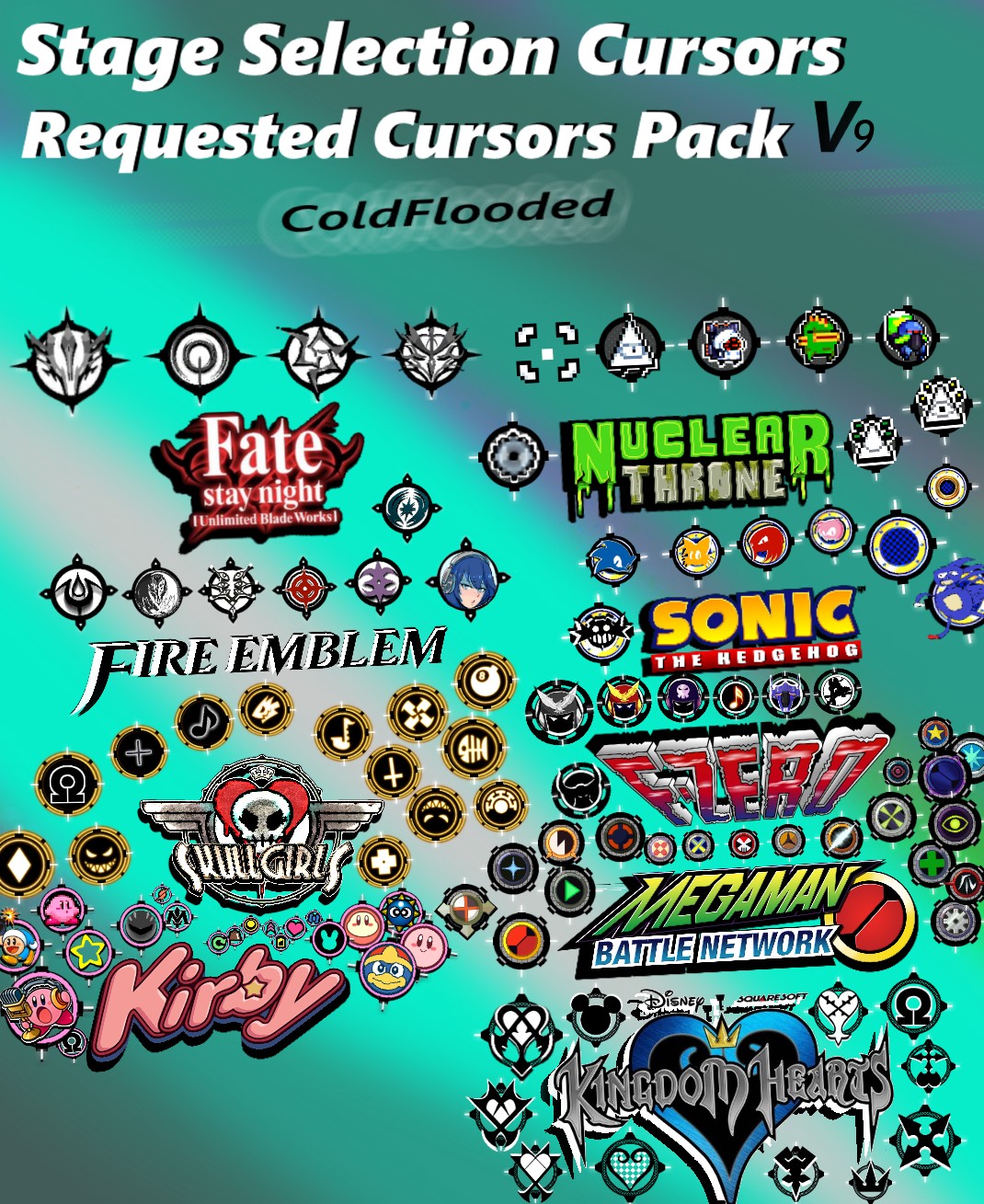
In addition, the Cursors class exposes a set of Cursor objects for many different types of pointers, such as a pointer that resembles a hand. For examples of changing the mouse pointer, see the code example in the Cursor class. The primary way to change the mouse pointer is by setting the Control.Cursor or DefaultCursor property of a control to a new Cursor. Sometimes, the mouse pointer will change because of system events, such as when your application is involved in a drag-and-drop operation. For example, the mouse pointer can be modified in the handlers of the MouseEnter and MouseLeave events to tell the user that computations are occurring and to limit user interaction in the control. Private Sub Button2_Click(sender As Object, e As EventArgs) Handles Button2.ClickĬhanging the mouse pointer is an important way of providing feedback to the user. Private Sub Button1_Click(sender As Object, e As EventArgs) Handles Button1.Click Private void button2_Click(object sender, EventArgs e) =>Ĭursor.Position = PointToScreen(button1.Location) The following example positions the mouse pointer between two buttons when they are clicked: private void button1_Click(object sender, EventArgs e) =>Ĭursor.Position = PointToScreen(button2.Location) The clip area, by default, is the entire screen. In addition, you can limit the area the mouse pointer can be used be setting the Clip property. You can get or set the current location of the mouse using the Position property of the Cursor. Sometimes you may want to limit the area in which the mouse pointer can be used or change the position the mouse. Private Sub Button1_MouseLeave(sender As Object, e As EventArgs) Handles Button1.MouseLeave

Private Sub Button1_MouseEnter(sender As Object, e As EventArgs) Handles Button1.MouseEnter Private void button1_MouseLeave(object sender, EventArgs e) =>

The following example hides the cursor when the cursor is over a button: private void button1_MouseEnter(object sender, EventArgs e) => The Cursor class contains properties that describe the pointer, such as the Position and HotSpot properties, and methods that can modify the appearance of the pointer, such as the Show, Hide, and DrawStretched methods. The mouse pointer is represented by the Cursor class, and each Control has a Control.Cursor property that specifies the pointer for that control.


 0 kommentar(er)
0 kommentar(er)
